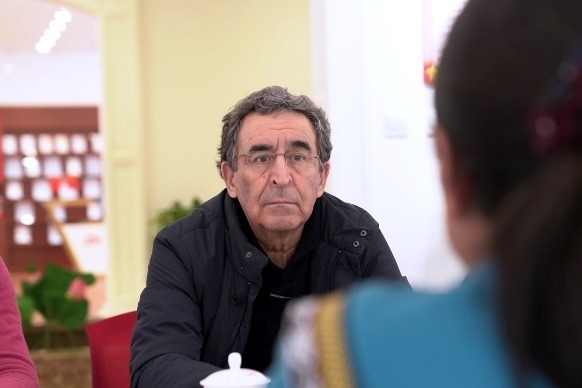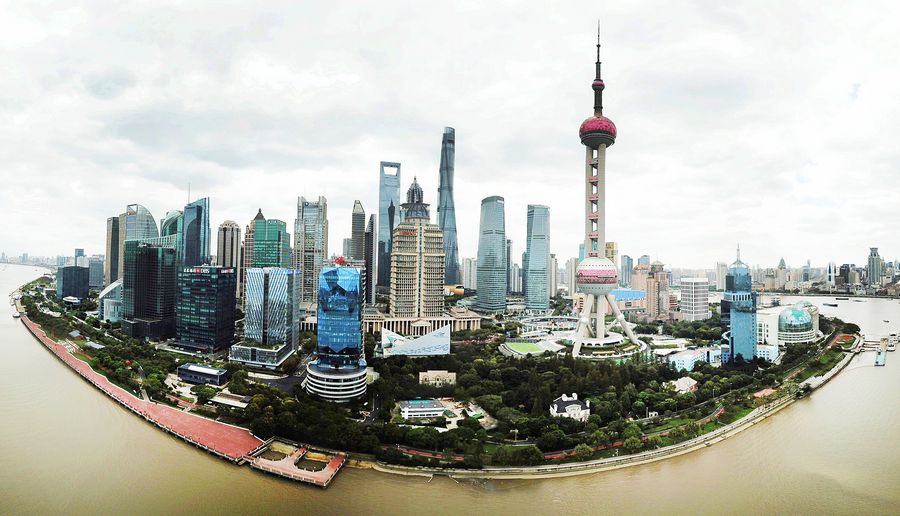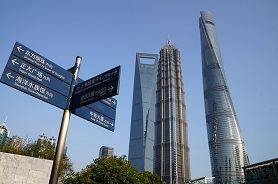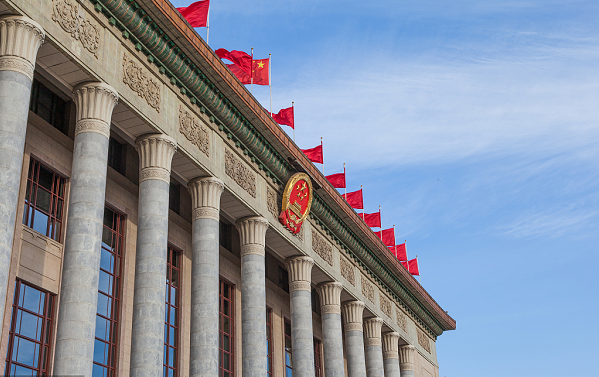-

Foreigner lauds China's model of democracy
March 08, 2022Noyan Rona, a Turkish national who has resided in Shanghai for more than two decades, said that his expectation for this year's two sessions is for China to exercise its "whole-process people's democracy" in the formulation of social policies and country governance.
-

Experts laud economic stability among priorities
March 07, 2022China's efforts to prioritize its economic stability are significant in many ways, experts said, as the nation's consistency and policies offer good prospects for benefits through shared development during the post-pandemic recovery.
-
Gatherings vital to reach key decisions
March 07, 2022Perry said he believed China could provide the world with more examples of how key decisions are reached through its democratic process.
-
Observer says world's eyes on two sessions
March 06, 2022China's success in ensuring food security for the world's largest population offers valuable lessons in addressing global food insecurity, especially in Africa, where the situation has worsened during the COVID-19 pandemic, said a senior Kenyan researcher ahead of the two sessions, the annual meetings of China's top legislative and political advisory body.
-

China's 'two sessions' under global gaze for solutions to world challenges
March 04, 2022China's key development blueprints and initiatives will, at this juncture, definitely offer the world fresh impetus, effective measures as well as renewed confidence in working together for a shared future.
-
Two sessions a window into understanding China's democracy
March 04, 2022It is only by having a clearer understanding of the way that it works that you may be able to understand China's political system and Chinese democracy better. It is a system that prefers to downplay confrontation in favor of consultation and discussion.
-

'Two sessions' to show conduct of statecraft
February 28, 2022Every March, nearly 5,000 delegates gather in Beijing to set and endorse the national agenda at the annual sessions of the National People's Congress and the Chinese People's Political Consultative Conference National Committee, generally referred to as lianghui, or the "two sessions".
-

Global experts look forward to the two sessions
February 28, 2022The upcoming two sessions are raising expectations of being an important moment in China's development process and governance pattern, and they will create a new foundation on which the nation can grow further, global experts said.
links
京ICP备13028878号-11



